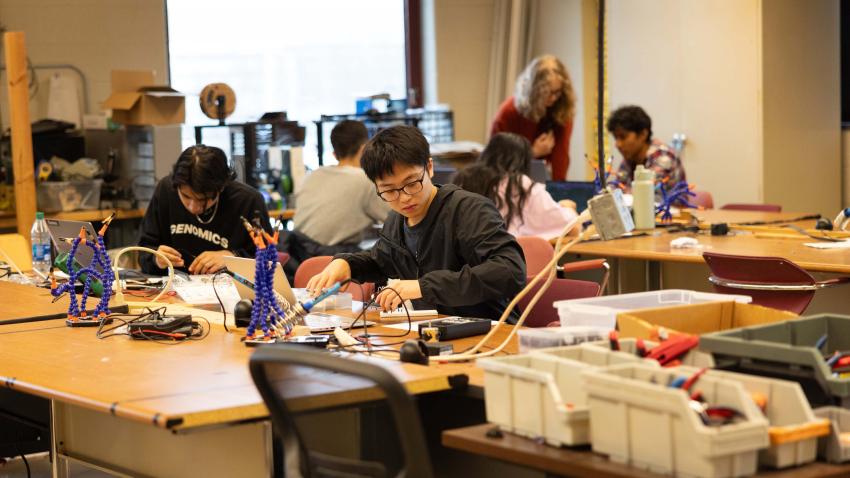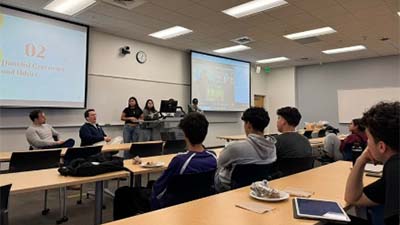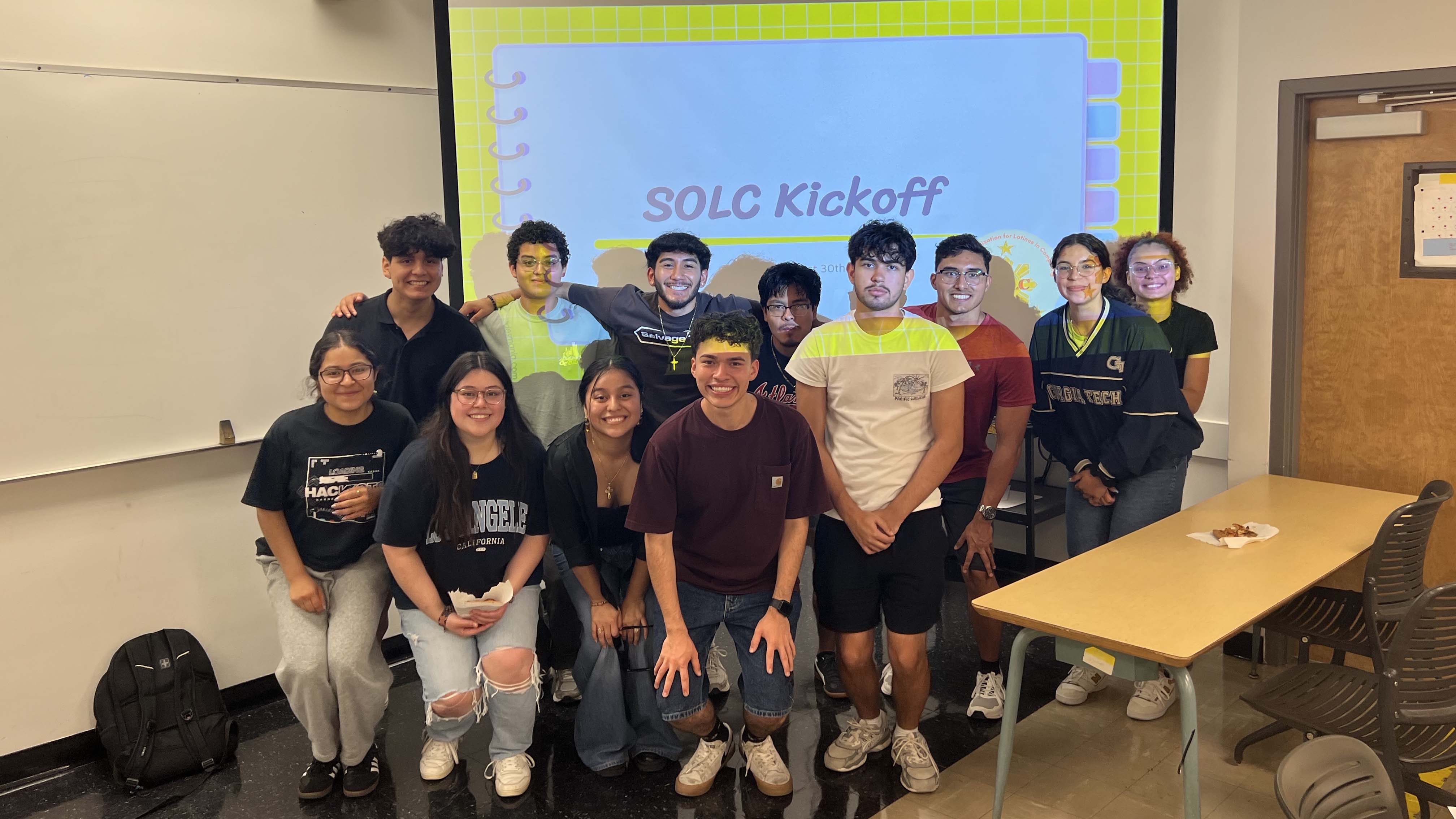
College Streamlines Proposal Process for New Student Organizations
The College of Computing at Georgia Tech is home to a dynamic student body with various interests, from iOS development to quantum computing. Recognizing its students' ever-evolving passions, the College has introduced a new proposal process aimed at streamlining the creation of new undergraduate student organizations.
This initiative provides students with a structured pathway to bring their ideas to life, ensuring that every organization aligns with the College’s mission while catering to diverse student needs.
The Process: From Idea to Organization
Oniecia Henry, a CS alumna who now serves as the College's student organization coordinator, explains that the process begins with an online application available each spring.
"Students often come to us with innovative ideas for new groups, feeling that the existing ones may not fully align with their interests," Henry said. The application period opens in January and closes in April, giving students ample time to refine their ideas.
Once an application is submitted, it undergoes a review process. The initial evaluation considers whether a similar organization exists and how the proposed group could benefit the College's student body.
Henry said, "We try to figure out what exactly they want from us. Some want funding, others seek our backing, and many are eager to access our Corporate Affiliate Program (CAP)."
Henry’s journey within the College has given her a unique perspective on students' needs and challenges. Her role often goes beyond administrative tasks, as she connects with students personally, offering advice and support that resonates with their experiences.
Pitch: The Next Step

The next phase involves a pitch if an application passes the initial review. Students will present their proposals before a panel that includes Henry, School of Computing Instruction Chair Olufisayo Omojokun, Director of the Office of Community and Student Enrichment Troy Peace, and selected faculty and staff members. The aim is to clarify the organization's mission, its potential impact on the student body, and the support it requires from the College.
"The students present their rationale for the organization's existence within the College," Henry said. "We ask them to address the significance of their group and how it aligns with the College's mission."
Budget Considerations and Approval

Organizations are asked to submit a draft budget for the upcoming academic year following the proposal pitch. If the requested funding exceeds $5,000, the group must defend its budget in front of faculty and staff.
The Student Organization for Latinos in Computing (SOLC) is one of the first to navigate the new system successfully. SOLC, which applied over the summer, is set to become a vital part of the College and foster a community for Latinos interested in computing.
“Before SOLC, no existing organizations catered towards Latino students in the College of Computing, which is why we felt this initiative was important. SOLC could create a feeling of acknowledgment for Latinos within the College and allow for greater representation and support,” SOLC president Cesar Landaverde said.

The College has supported the club with budget allocations for shirts, stickers, pins, and event catering. He also mentioned Henry’s support with booking event space, budget requests, and answering questions common for a new organization.
The new proposal process is a testament to the College’s commitment to fostering academic excellence and a supportive and inclusive environment for all students. The goal is to open doors for more student-led initiatives that enrich the College experience.
More information on College of Computing student organizations can be found here.


